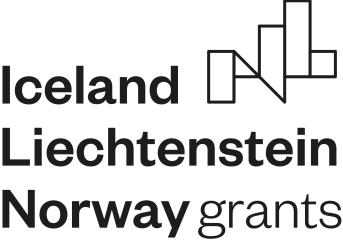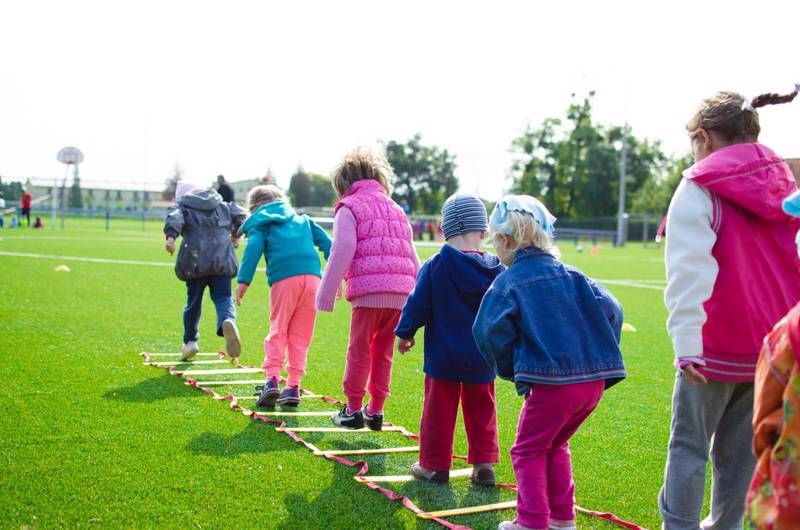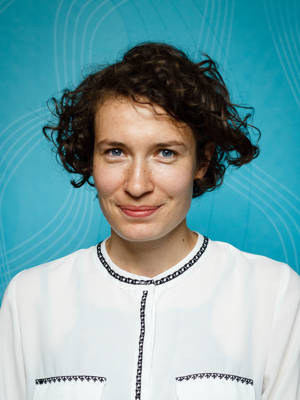The objective of the project ‘Trust across borders: State institutions, families and child welfare services in Poland and Norway’ is two-fold.
- One part is to review and summarize existing knowledge on themes related to trust across borders, and more specifically between state institutions, and in relation to families and to child welfare services in Poland and Norway.
- The second part of this project is to bring together involved stakeholders from Poland and Norway for a series of two events, each lasting 1,5 days, one in Oslo and one in Gdansk, to exchange experiences.
To review and summarize existing knowledge on themes related to trust across borders, and more specifically between state institutions, and in relation to families and to child welfare services in Poland and Norway.
The crisis of trust between Polish migrants (and to an extent also from Poland more broadly) and Norwegian Child Welfare Services is well-known, yet balanced knowledge, with perspectives from a wide range of actors, about what contributes to produce this crisis of trust, and what sustains it, is fragmented. The projects first objective is thus to start identifying what the research gaps are, and where there is already information available, to collate this. Key issues here include – the roles of communication and language – contrasting perceptions of events and facts – and articulating and discussing cultural differences (and similarities) e.g. in the realm of family life, but also in the concrete practices and modes of work of child welfare service in the two countries. These issues span fields of knowledge including, but not limited to, the operation of social protection bureaucracies on the ground (the child welfare services, here), state institutions strategies vis á vis cross-border phenomena, including international migration, migrant integration processes and the management of cultural differences in interpersonal meetings and professional encounters, and the transnational life worlds of migrants and their non-migrant relatives in emigration contexts. These discussions will take as their starting point a broad approach to trust as a key condition for well-functioning human relationships, at the interpersonal, societal, and cross-border levels. Differences in how trust is conceived of, and in measured levels of trust in Poland and Norway, will be included. Finally, measures for trust-building will also be considered, as relevant to the themes above.
To bring together involved stakeholders from Poland and Norway for a series of two events, each lasting 1,5 days, one in Oslo and one in Gdansk, to exchange experiences. For a list of participants click here.
The aim of these closed workshop events is both to facilitate dialogue and articulate and discuss cultural differences (and similarities), and how these are actively engaged with in the work of child welfare services in Poland and in Norway, including in governmental and non-governmental entities relating to the work of the child welfare services. Both countries have minority and migrant populations, resulting in cultural, linguistic and religious diversity, prompting a need for active awareness of the implications of diversity for child welfare services. Participants will include employees of government institutions, including relevant Ministries and Directorates in Poland and in Norway, practitioners working with child welfare in both countries, as well as staff from NGO’s from both countries. The participant list will reflect the aim to ensure representation of various types of actors, stakeholders, institutions and organizations.
This project is funded by the EEA bilateral fund Poland, working together for a green, competitive and inclusive Europe.
EEA-grants-mockup.png
EEA_grants@4x (1).png

Photo:
EEA_grants@4x (1).png









